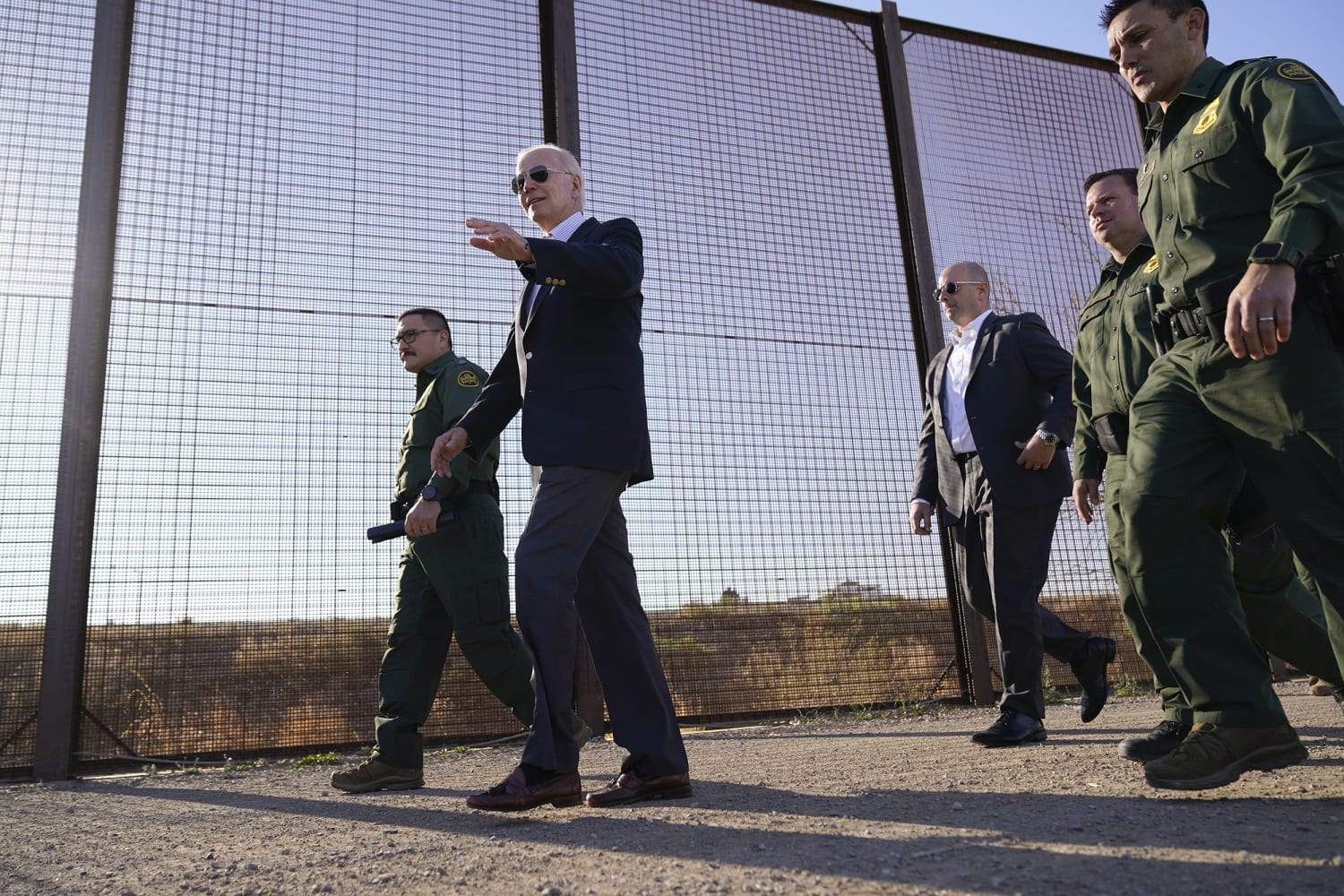Biden Administration’s Nicotine Ban: A Move Toward Regulation or a Boost for Cartels?
In a controversial move during its final days, the Biden administration is advancing a proposal to drastically lower nicotine levels in cigarettes, effectively banning traditional products on the market. While the administration frames the measure as a step toward reducing smoking addiction, critics argue it will backfire, fueling black markets and empowering criminal cartels.
Regulatory Shift with Broad Implications
The Food and Drug Administration (FDA) confirmed that its proposed rule to establish maximum nicotine levels in cigarettes has completed regulatory review. The measure is part of a broader effort to make cigarettes less addictive, potentially shaping one of the most impactful tobacco policies in U.S. history.
FDA Commissioner Robert Califf previously stated that the initiative aims to “decrease the likelihood that future generations of young people become addicted to cigarettes and help more currently addicted smokers to quit.” However, opponents warn that this policy could create new public safety and economic challenges.
A “Gift” to Organized Crime
Critics of the proposed regulation, including former ATF official Rich Marianos, are sounding the alarm. Marianos described the plan as a “gift with a bow and balloons to organized crime cartels,” arguing that it would open the floodgates for illegal tobacco trafficking.
Mexican cartels, Chinese counterfeiters, and Russian mafias are well-positioned to exploit the demand for high-nicotine cigarettes. These groups, already entrenched in smuggling operations, would likely ramp up efforts to meet consumer demand. This shift would not only enrich organized crime but also compromise public health by introducing unregulated, potentially more harmful products into the market.
Unintended Consequences for Public Health
While the FDA’s goal is to reduce smoking rates, experts suggest the policy may have the opposite effect. Smokers could resort to “compensatory smoking,” consuming more cigarettes to achieve their desired nicotine levels. This behavior increases exposure to harmful chemicals like tar, negating the intended health benefits.
Additionally, the regulation could discourage smokers from transitioning to safer alternatives, such as vaping or nicotine replacement therapies. By removing higher-nicotine products from the legal market, the government risks alienating individuals who might otherwise seek healthier pathways to quitting smoking.
National Security and Economic Concerns
Beyond health implications, the nicotine ban raises significant national security issues. A 2015 State Department report highlighted the role of tobacco trafficking in funding terrorist organizations and criminal networks. Reducing nicotine levels in cigarettes could expand this illicit market, providing criminal groups with a lucrative new revenue stream.
Moreover, law enforcement agencies could face increased pressure as they work to combat tobacco smuggling alongside ongoing efforts to address opioid and fentanyl trafficking. This strain on resources could compromise broader public safety initiatives.
Balancing Public Health and Freedom
The proposed nicotine reduction also ignites debates over personal freedom. While reducing addiction is a laudable goal, critics argue that adults should retain the right to make their own choices regarding tobacco use. For many, the measure feels like government overreach, imposing a paternalistic approach to health regulation.
As the Biden administration pushes forward with its nicotine reduction proposal, the policy’s broader implications remain uncertain. While intended to curb addiction and promote public health, critics warn of significant risks, including empowering organized crime, increasing smoking rates, and straining law enforcement resources.
A more balanced approach—focused on education, harm reduction, and access to cessation resources—may better address smoking-related challenges without creating new societal harms.


You must be logged in to post a comment Login